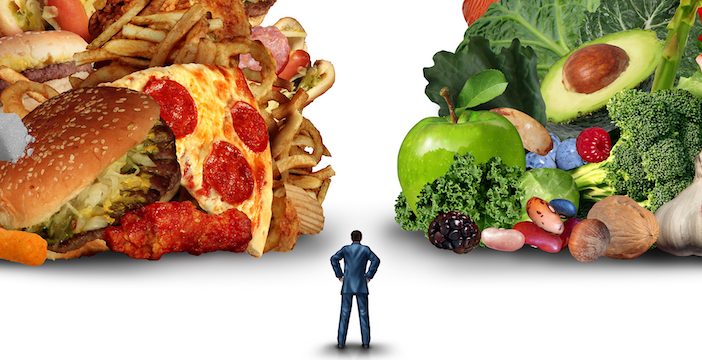Diabetic refers to a group of conditions characterized by a high level of blood glucose, commonly referred to as blood sugar. Too much sugar in the blood can cause serious life-threatening health problems. Diabetes is the major cause of kidney failure, heart issues, stroke, blindness, etc.
Numerous people are diagnosed with diabetes every year and are known to be one of the most rapidly growing diseases. Maintaining the blood sugar level is a major task for diabetic patients. It doesn’t have to be difficult to determine which foods are best to eat if you have diabetes. Your main objective should be controlling your blood sugar levels to keep things straightforward.
Eating foods that reduce your risk of developing diabetes complications like heart disease is also important. Your diet can play a significant part in managing and preventing diabetes.
The following 10 foods are the best for people with diabetes, both type 1 and type 2.
1. Green leafy vegetables: These have few calories and few carbohydrates, which helps to maintain stable blood sugar levels. They contain vital nutrients, vitamins, and minerals. It contains a lot of fibres, which aid in sugar absorption. Here are some examples, including kale, drumstick, spinach, methi leaves, and cabbage.
2. Whole grains: Comparatively speaking, whole grains have less of an impact on blood sugar levels than refined grains because they contain more fibre and nutrients. They also have a lower glycemic index. Diabetes can be lowered by replacing refined grains with whole grains. Raggi and brown rice are two excellent examples of foods that help control blood sugar. Ragi is excellent among all millets as it reduces oxidative stress and inflammation which in turn, helps in controlling diabetes.
3. Berries: strawberries, blueberries, raspberries, and blackberries are some delicious berries. Antioxidants in them reduce oxidative stress. According to reports, oxidative stress occurs frequently in diabetics. Berries contain a lot of vitamin C, which is known to maintain a healthy blood sugar level.
4. Beans: Beans effectively lower blood sugar levels because they have a low glycemic index. While kidney beans are 28 and chickpeas are 33, soybeans have a GI-glycemic index of 15. Because beans contain complex carbohydrates, the body digests them more slowly than other types of carbohydrates. Consuming beans promote weight loss.
5. Citrus Fruit: All citrus-based foods are rich in vitamins and minerals without increasing the number of carbohydrates in your meal. Vitamin C aids in blood sugar regulation. Oranges and lemons are two citrus fruits that have amazing anti-diabetic properties.
6. Non-starchy Vegetables: Non-starchy vegetables must be consumed because they are high in fibre and low in sugar. They have few calories and few carbohydrates as well. Artichokes, asparagus, bamboo shoots, bean sprouts, brussels sprouts, broccoli, cabbage, carrots, and many others are some examples. Due to their high fibre content, daily consumption of these non-starchy vegetables won’t cause any harm to a diabetic patient.
7. Eggs: Eggs are low in carbohydrates and have a very low glycemic index score, which means they can increase your insulin sensitivity and reduce inflammation. Eggs are rich in nutrients but low in calories, contain vitamin B-12, and minerals like copper, iron, and zinc, and are a good source of protein for a diabetic patient. They include all nine amino acids that the body is unable to synthesise on its own.
8. Oatmeal: Although oatmeal may not be your first choice in the morning, a delicious and healthy way to start the day is to add some fruits and nuts. The fibre in oatmeal can help you feel fuller for longer, making them a great option for breakfast. You can lower your cholesterol by eating oatmeal, but be aware that some variants are high in sugar, so try to stick with unprocessed assortments.
9. Olive oil: Olive oil is a fantastic source of monounsaturated fats, which can lower cholesterol and lower your risk of heart disease. Olive oil can help control blood sugar when it comes to diabetes, but you should be careful when adding it to foods because it contains a lot of calories.
10. Salmon: Omega-3 fatty acids are abundant in salmon and other fatty fish. The risk of inflammation and heart disease in the body can be decreased by fatty acids. You can eat a variety of other fatty fish, including mackerel, herring, sardines, and more. It is advised that diabetic patients consume this type of fatty fish once or twice per week.
You are familiar with the challenges of managing your diet and blood sugar levels if you have diabetes.






